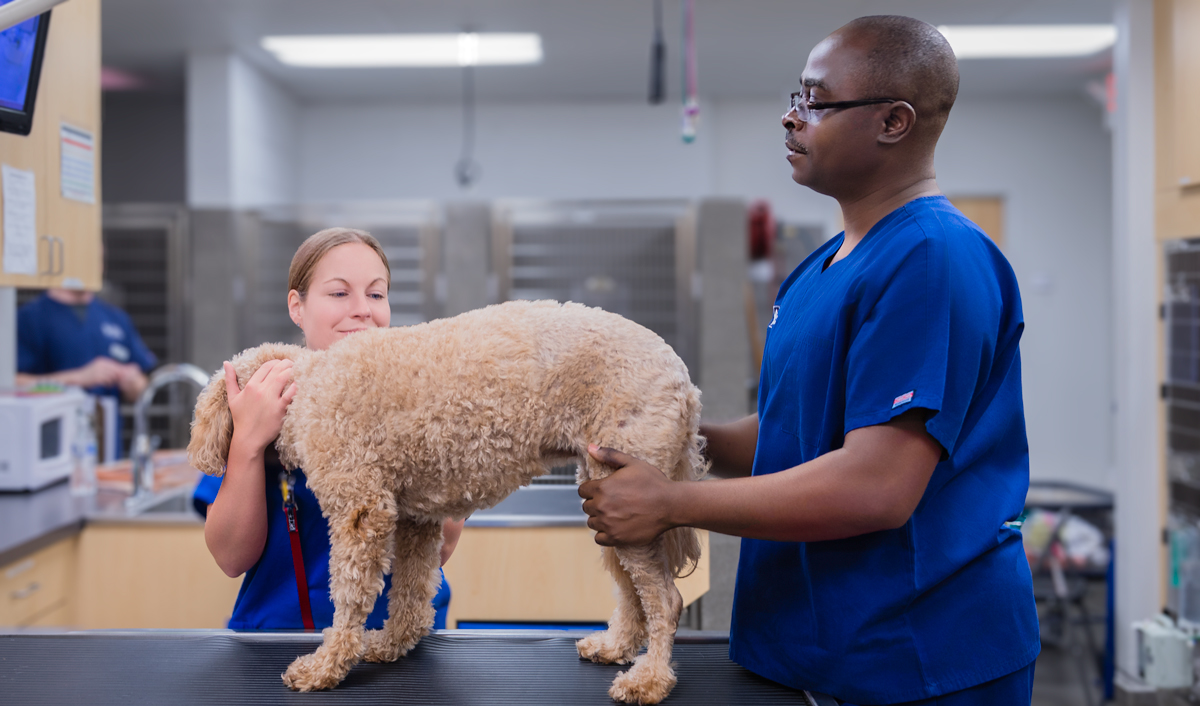
Treating Recessed Vulva: The Role of Canine Episioplasty
Canine episioplasty is a surgical procedure used to correct recessed vulva in female dogs. This

Canine episioplasty is a surgical procedure used to correct recessed vulva in female dogs. This
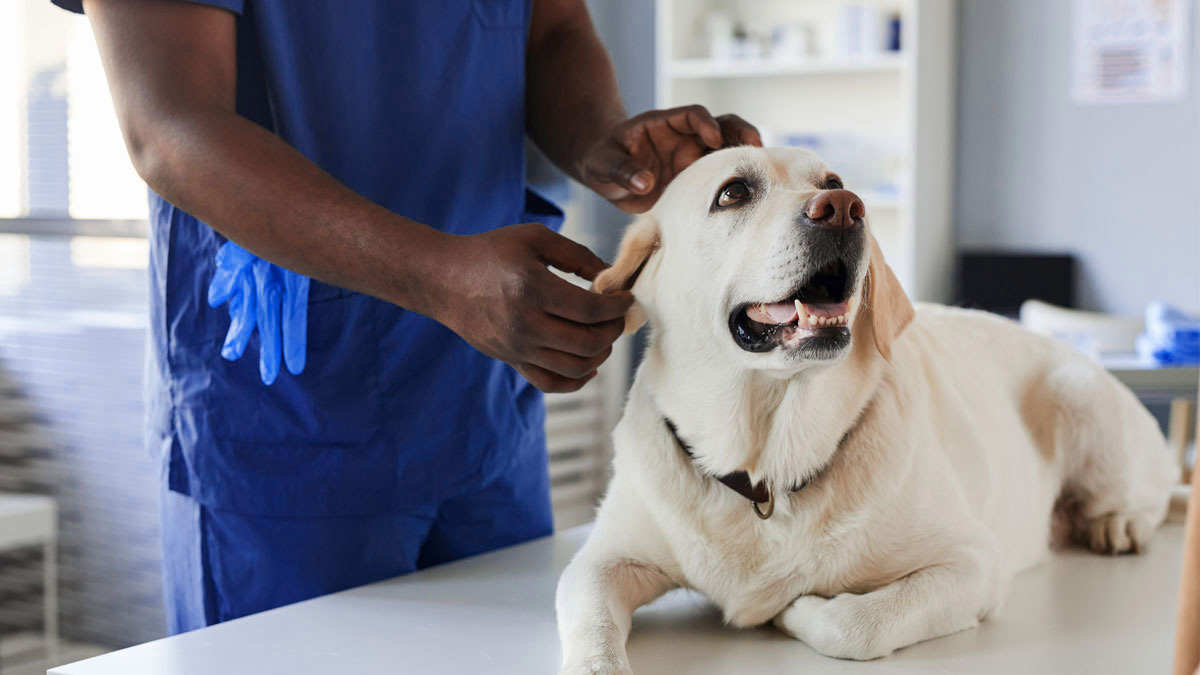
Are you facing a cranial cruciate ligament (CCL) injury or rupture in your dog? Tibial
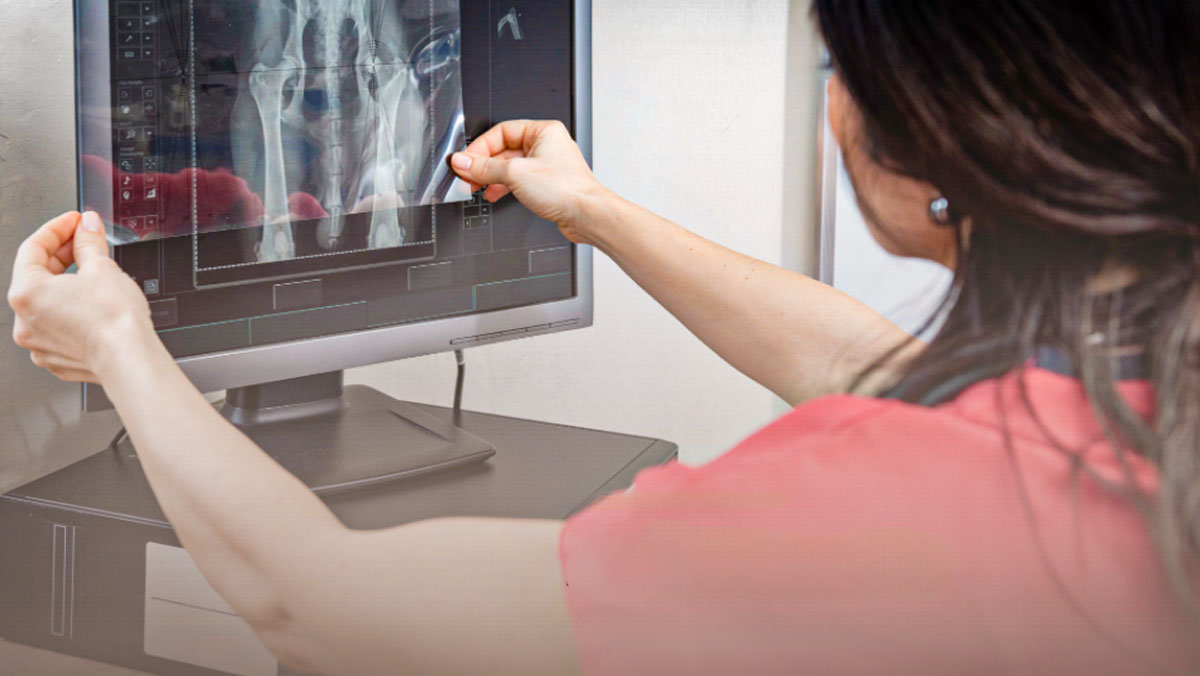
Hip dysplasia is the most common developmental orthopedic disease affecting a dog’s hip joint.
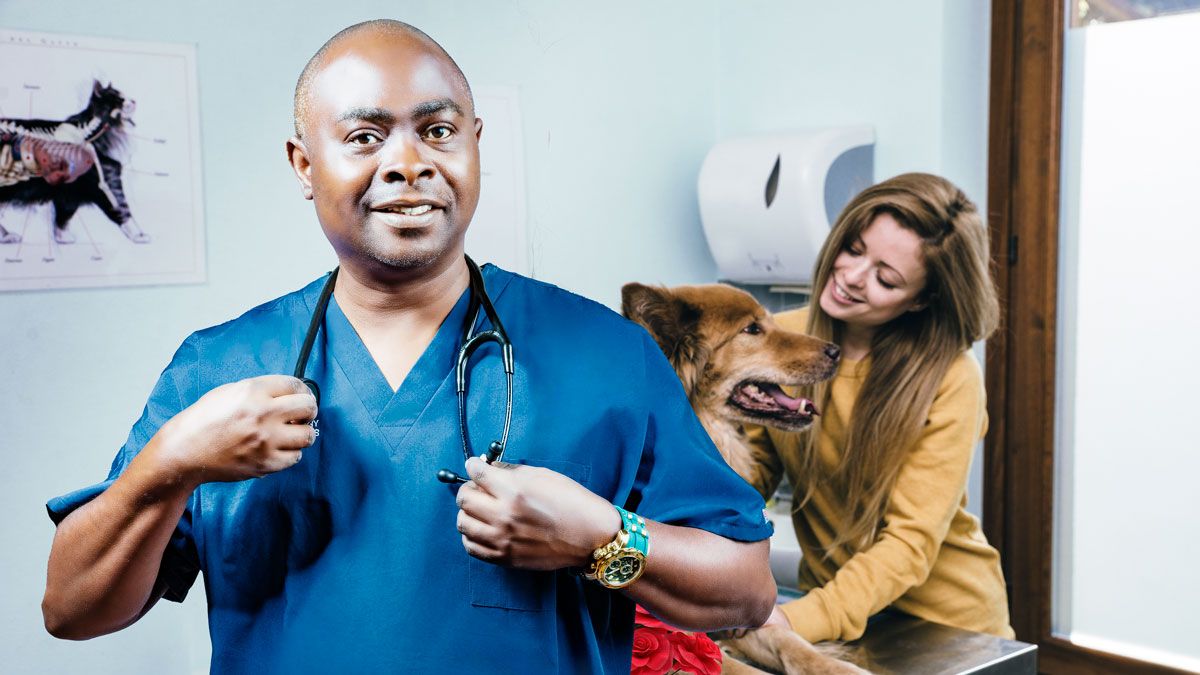
Ensuring optimal postoperative care for your pet after surgery is crucial for a smooth recovery

When it comes to your pet’s health, you want the best care possible. That’s why
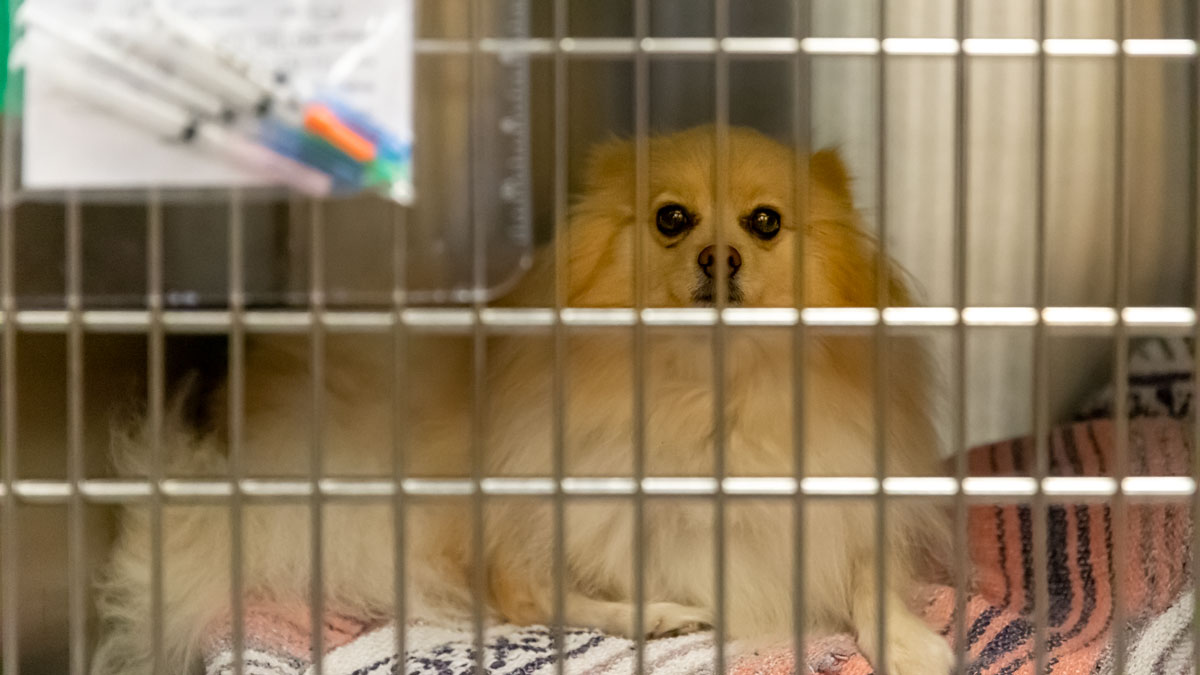
Surgery can be a stressful experience for pet owners, but proper preparation can help make
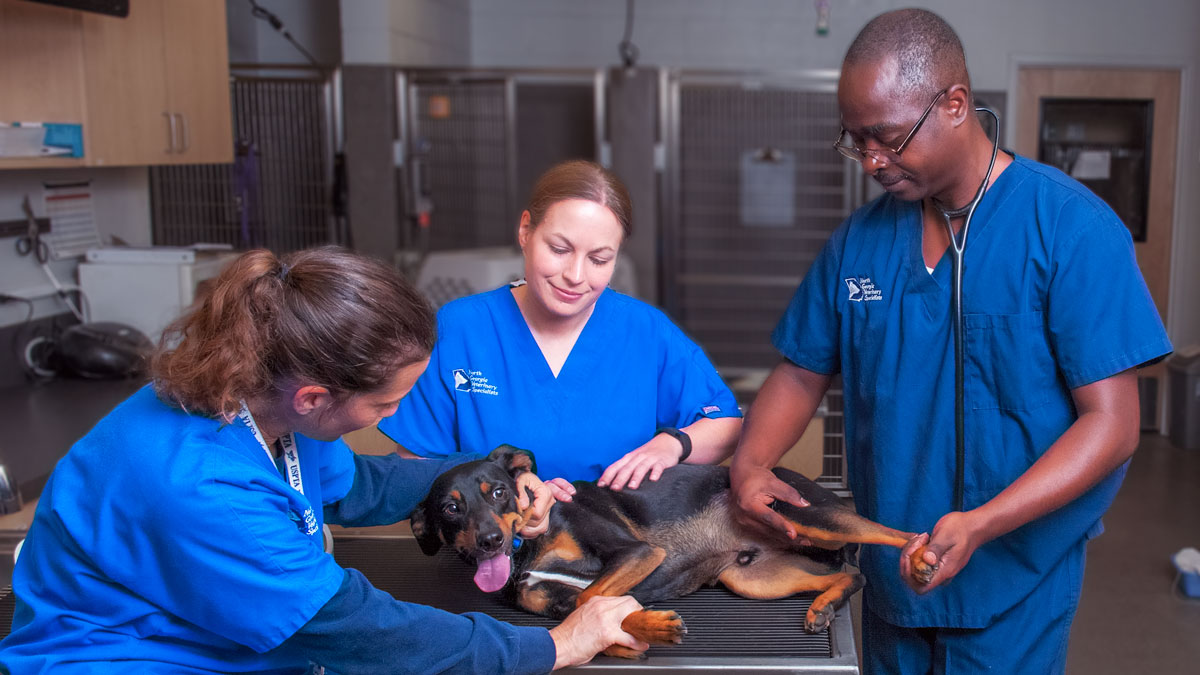
Why preoperative assessment is important? Veterinary patients presented for surgical procedures must have a preoperative
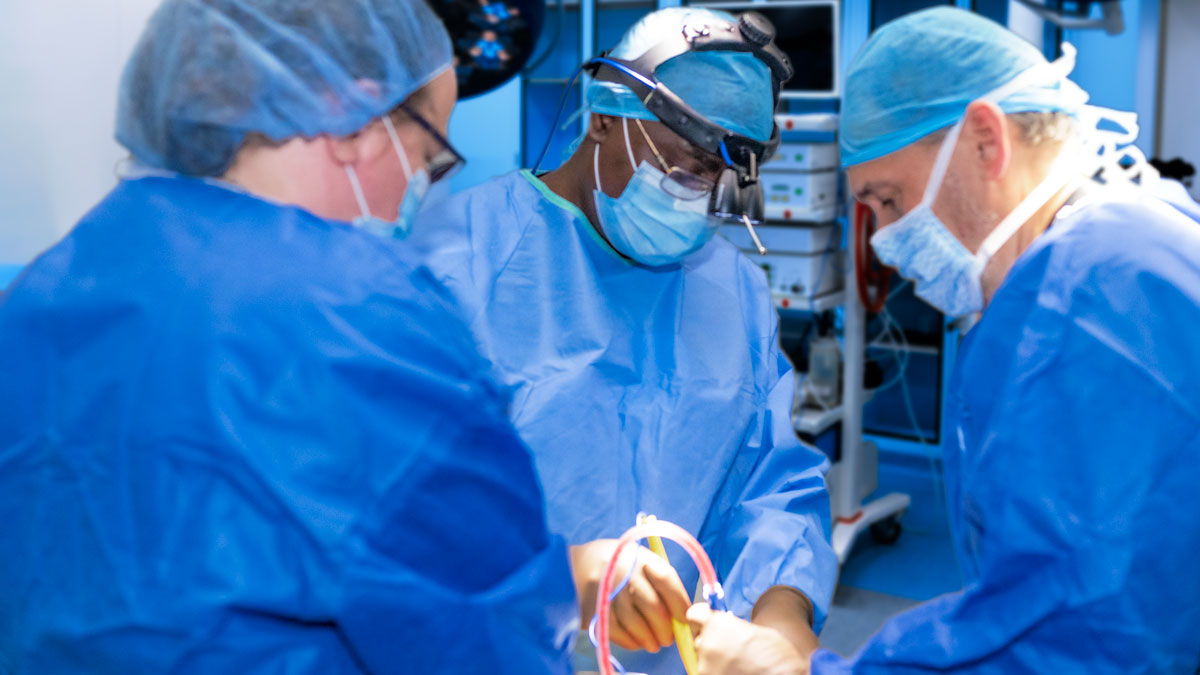
While it would be nice to say that a surgical procedure is an emergency whenever
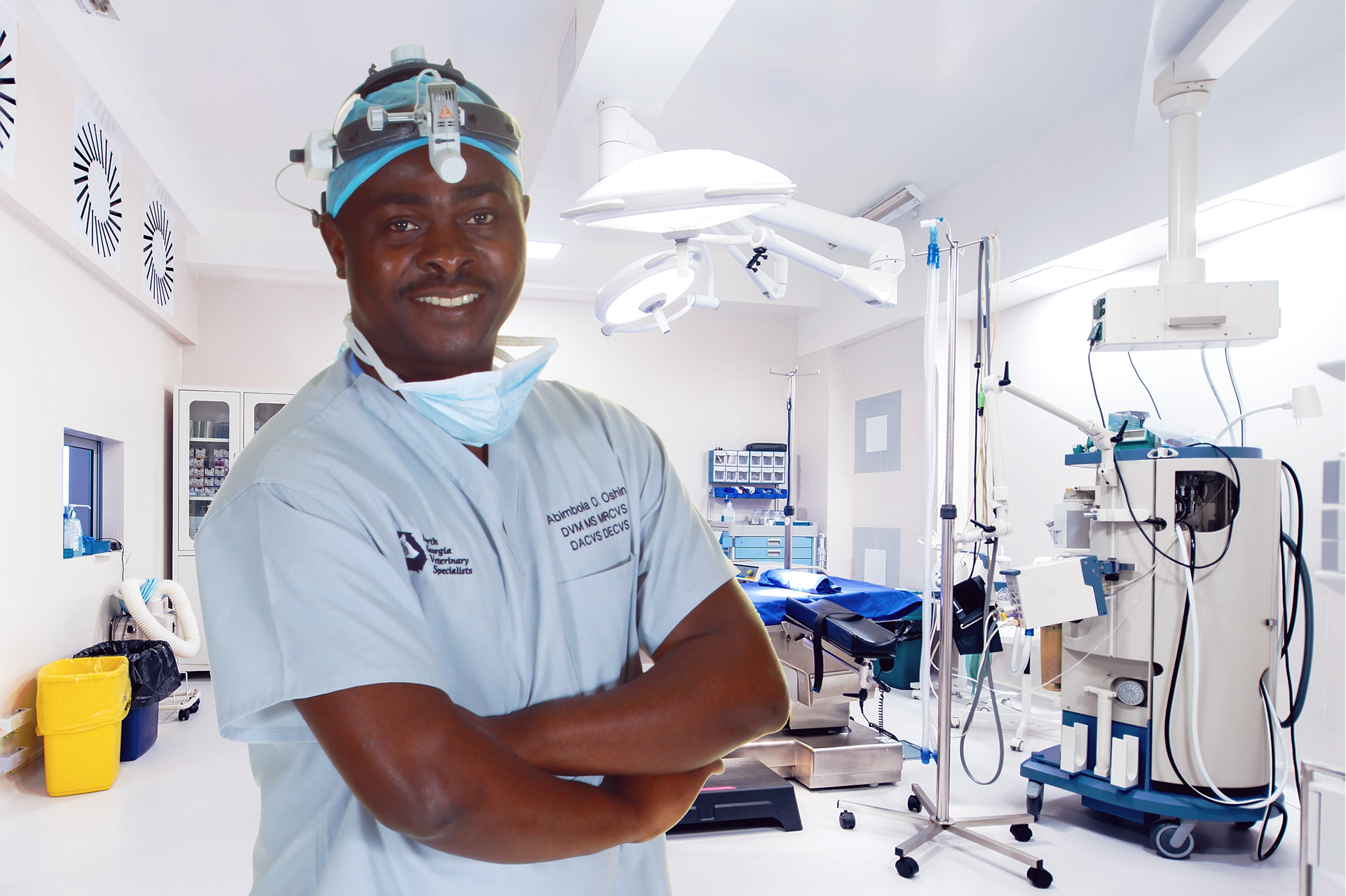
Thank you for visiting my website and reading my blog. I hope you find it informative and entertaining.


Ensuring optimal postoperative care for your pet after surgery is crucial for a smooth recovery and rapid return to health. No matter the procedure—be it routine spaying or neutering, dental work, or major surgery—effective postoperative care for your pet can greatly enhance recovery and overall well-being. In this blog post, we’ll walk you through ten

While it would be nice to say that a surgical procedure is an emergency whenever a client says it is, and therefore, is emergency surgery, this is not so. There are accepted criteria for a situation warranting surgery in an emergency. What is Veterinary Emergency Surgery? Surgical procedures can be classified, based on urgency, as

Canine episioplasty is a surgical procedure used to correct recessed vulva in female dogs. This condition can lead to chronic infections and discomfort for your pet. If your dog is experiencing these symptoms, understanding episioplasty is crucial. This article will explain what canine episioplasty is, how it helps, and what to expect from the procedure.